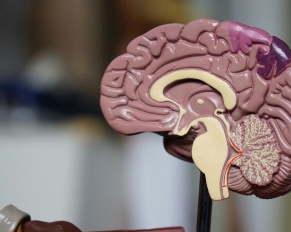Aging in Place in Malden, MA Halloween can be a fun time for all ages, but for seniors, especially those…


Aging in Place in Malden, MA Halloween can be a fun time for all ages, but for seniors, especially those…

In today’s fast-paced office environments, ensuring the well-being and efficiency of employees is a top priority for businesses. Among the…

Originally posted on: https://www.todaystopquestions.com/breakthrough-in-alzheimers-research-early-detection-through-innovative-blood-testing/ The landscape of Alzheimer’s disease research and dementia care is on the cusp of a…

Originally posted on: https://www.todaystopquestions.com/toxic-alert-nj-battles-water-contaminants/ In a startling disclosure that underscores the escalating environmental concerns in the region, the U.S. Environmental…

In an age where technology and modern medicine dominate the healthcare landscape, there’s a growing movement steering back to the…

You’re not alone if you describe your relationship with chocolate as “complicated.” Approximately 45 percent of women in the United…

For a lot of us, chocolate is more than just a dessert. Chocolate is a mood booster, a reward at…

In today’s society, we are starting to stray away from only using Western medical treatments to incorporating more holistic health…

While it’s relatively new as an academic subject, lifestyle medicine essentially promotes much of what we already regard as good…

This guest post was written by Shari Duddy
Shari Duddy is a Yoga teacher and educator in New Jersey. Shari has many years of experience teaching Yoga
A lot of men believe that yoga is for women. In fact, it’s rare to see men in yoga classes. Most yoga teachers admit that the majority of their classes are made up of women. However, this is a sad fact for most yoga teachers because they’re fully aware of the great number of benefits men can reap from practicing yoga. For instance, if you’re a man who often faces stressful days on the job, you’re likely bringing those stressors home with you. And that increased stress at work can put stress on your relationships. But that isn’t all stress can do to your life. It can cause your body to become less able to function, piling health problem on top of health problem as you get older. Yoga can help you learn to relax and put your mind, as well as your body, at ease, thereby reducing the stress you feel in every area of your life. Yoga can also increase your strength and your flexibility. And if that’s not enough to get you to try yoga, what would you say to the knowledge that yoga can even increase your potency as a man? Thought so.